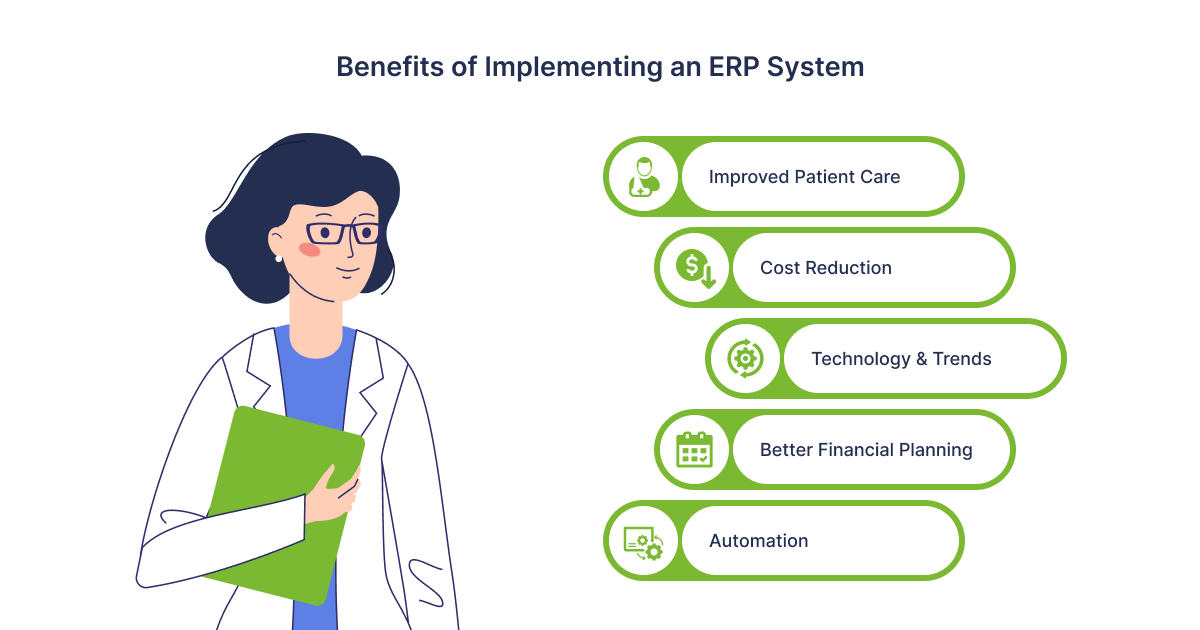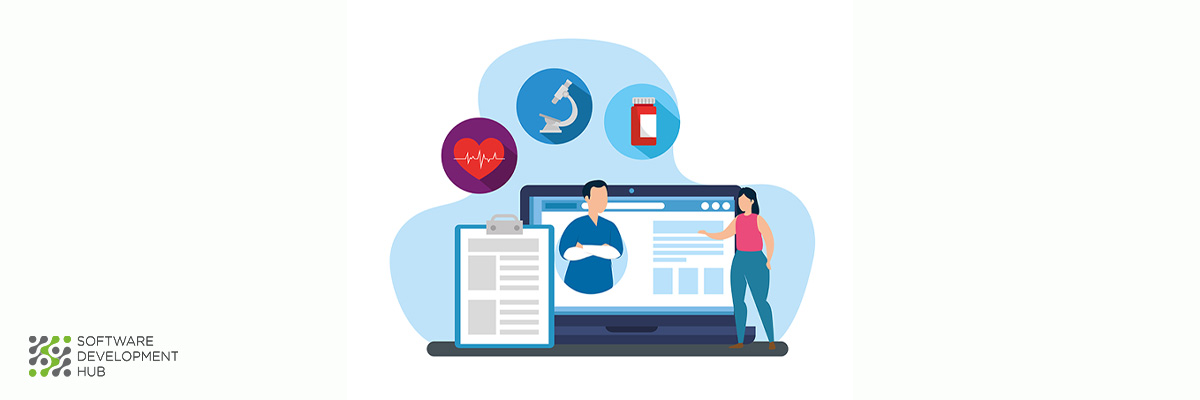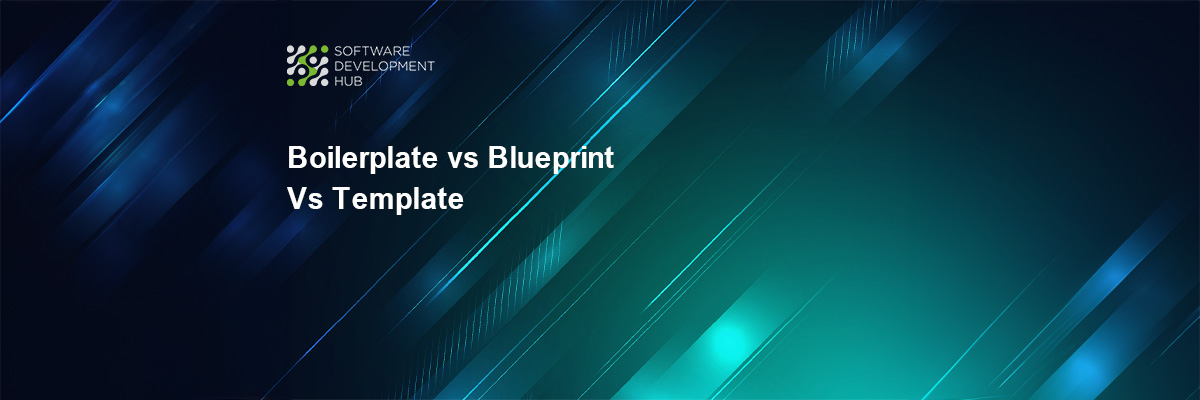Healthcare ERP Solution: Cost and Key Features
An ERP system (enterprise resource planning) is software designed for planning enterprise resources. The solution provides control of internal processes and the ability to make important decisions in real-time for business development. The systems first appeared in the early 1990s in response to the increasing complexity of internal operations and the need to balance the management of company resources. Initially, ERP systems were used in manufacturing enterprises, and after demonstrating their effectiveness, they migrated to the service sector, government agencies, and non-profit organizations.
According to forecasts, by 2030 the total value of the ERP systems market will be $11.6 billion, which is also caused by the growth of projects in the medical sector. An integrated and consolidated platform for contact management and business process enables delivery of quality patient care, accurate diagnosis of diseases, and even medical surgeries performance. This is exactly what an ERP system is. If you plan to develop your business in this direction, it is worth considering the aspects of creating an ERP healthcare system in advance.

Functioning
The main principle of ERP systems is the centralized collection of information into a single system, which provides easy access and use of data for all authorized employees of the enterprise. ERP in healthcare combines and systematizes all information flows related to the clinic's functioning, making them unified and understandable to users.

Benefits of ERP in healthcare:
- formation of a complete picture of the enterprise;
- performance increase;
- better interaction with patients;
- data security.
- improved patient care
- cost reduction
- technology & trends
- better financial planning
- automation.
The customers must outline the areas of functions that are mandatory for their future product, as well as the priority points they want to improve in the business. This might be financial management, logistics, supply planning, personnel, and service management. To evaluate your application's benefits correctly, analyze competitors' products, highlight their strengths and weaknesses, and based on this information, outline the functions and tasks your application should have.
Main characteristics
To understand how your web or mobile application will look, it is important to determine the scope of the project and its functionality. Ask yourself: what goals do you plan to achieve using such a product? A detailed description will simplify the task. So, discuss and approve with specialists whether the chatbot's functionality for customer service is included, whether pop-up notifications are integrated to remind you of visits to the doctor and whether there is a solution for generating reports.
In most cases, ERP healthcare systems include the following features:
- registration and appointment. Proper implementation of an enrollment solution simplifies large amounts of manual work associated with manually entering patient data;
- compliance with industry standards. Strict regulation of the medical industry and compliance of clinical processes with HIPAA, and HITECH standards are mandatory for the functioning of the system. To do this, the created product has advanced features for data protection, patient confidentiality, and technology compliance for the use of electronic medical records;
- logistics management is aimed at monitoring stocks of medicines, all kinds of clinical equipment, etc. Effective supply chain management will make it possible to reduce the cost of the commodity part by at least 10%, which accounts for up to 20% of the total amount in the total budget;
- work with patients. Quick access to medical information about a patient for instant viewing, sharing, and transfer is precious in the work of public and private sector clinics. This direction combines operations with reports, diagnostic documents, prescription lists, invoices, etc., which improves the quality of medical services for the patient;
- business intelligence is necessary for correct and comprehensive analysis of information, generating reports, and identifying opportunities for optimizing work and reducing costs. And given about a third of all data is generated in the medical sector, the value of the business intelligence market in the healthcare industry is expected to reach over $23 billion;
- the reliability and functionality of the financial management system are the levers that may help you effectively monitor and manage transactions, analyze taxes and expenses, and manage the budget as a whole. The introduction of useful tasks allows you to take a comprehensive look at the state of finances, take measures to reduce costs, and increase the profitability of the company.
Read also: Case: e-Prescribing Application Development
Of course, the set of functions can be supplemented by others. With the assistance of business consultants from the developer company, the customer will be able to determine the application's functions and fulfill the specification of the system requirements, which will greatly simplify the development process.
Tech stack required for development
The set of tools and technologies used in product development determine its efficiency, reliability, and sustainability. They are considered within the individual sectors of the project:
- Infrastructure that increasingly relies on cloud computing technologies. Optimal infrastructure solutions are supplied by Amazon AWS, Microsoft Azure, etc. Depending on the characteristics of cloud services, PaaS, SaaS, and MBaaS are chosen;
- Design and development. The layout and interface of the application are created using Figma, Adobe XD, and InVision tools. In addition, recommendations for the user interface for Android, iOS, and web applications differ;
- Front-end development, for which programming languages are used are JavaScript, Vue.js frameworks. With the help of these tools, data binding is performed, events are processed for quick connection, etc.;
- Back-end development — Java, PHP, Python, Django, Grail, Laravel frameworks, etc. Advantages of the tools include the ability to start working with frameworks without first setting up the server, creating a modular application with code repetition;
- Database development, for which MySQL, PostgreSQL, and MongoDB technologies are used;
- Machine learning and big data sets. ML allows you to automate routine operations, reducing the processing time of familiar tasks. For deployment, Keras and Python tools are used;
- API development — REST, GraphQL.
Read also: ERP System for Dental Practice Management: Cost and Features
Expenses
ERP software for healthcare starts in a budget of $150,000. The final price tag depends on the set of functions, the tools used, and the localization of the development team. This is a rough estimate, and the actual costs may vary based on factors such as the complexity of features, specific requirements, and potential changes during development. It's also important to prioritize features based on their criticality to the system and the clinic's operations.
| Feature | Estimated Development Time (Months) |
Monthly Cost ($) |
| Patient Management System | 1.5 | $45,120 |
| Appointment Management | 1 | $32,000 |
| Billing and Invoicing | 1.5 | $45,120 |
| Electronic Health Records | 2 | $64,000 |
| Inventory Management | 1 | $32,000 |
| Prescription Management | 1 | $32,000 |
| Reporting and Analytics | 1 | $32,000 |
| User Authentication | 1 | $32,000 |
| Lab Systems Integration | 1 | $32,000 |
| Mobile App Support | 1 | $32,000 |
| Security and Compliance | 1 | $32,000 |
| Training and Support | 1 | $32,000 |
| Total Estimated Time: | 15 months | $496,240 |
The Software Development Hub team is engaged in creating software for enterprise resource planning. We will help you develop an ERP system for an enterprise in the healthcare industry that will meet your tasks and business specifics and help you develop your business.
Navigate healthcare ERP project budgeting challenges with our app development calculator.
Categories
Share
Need a project estimate?
Drop us a line, and we provide you with a qualified consultation.







